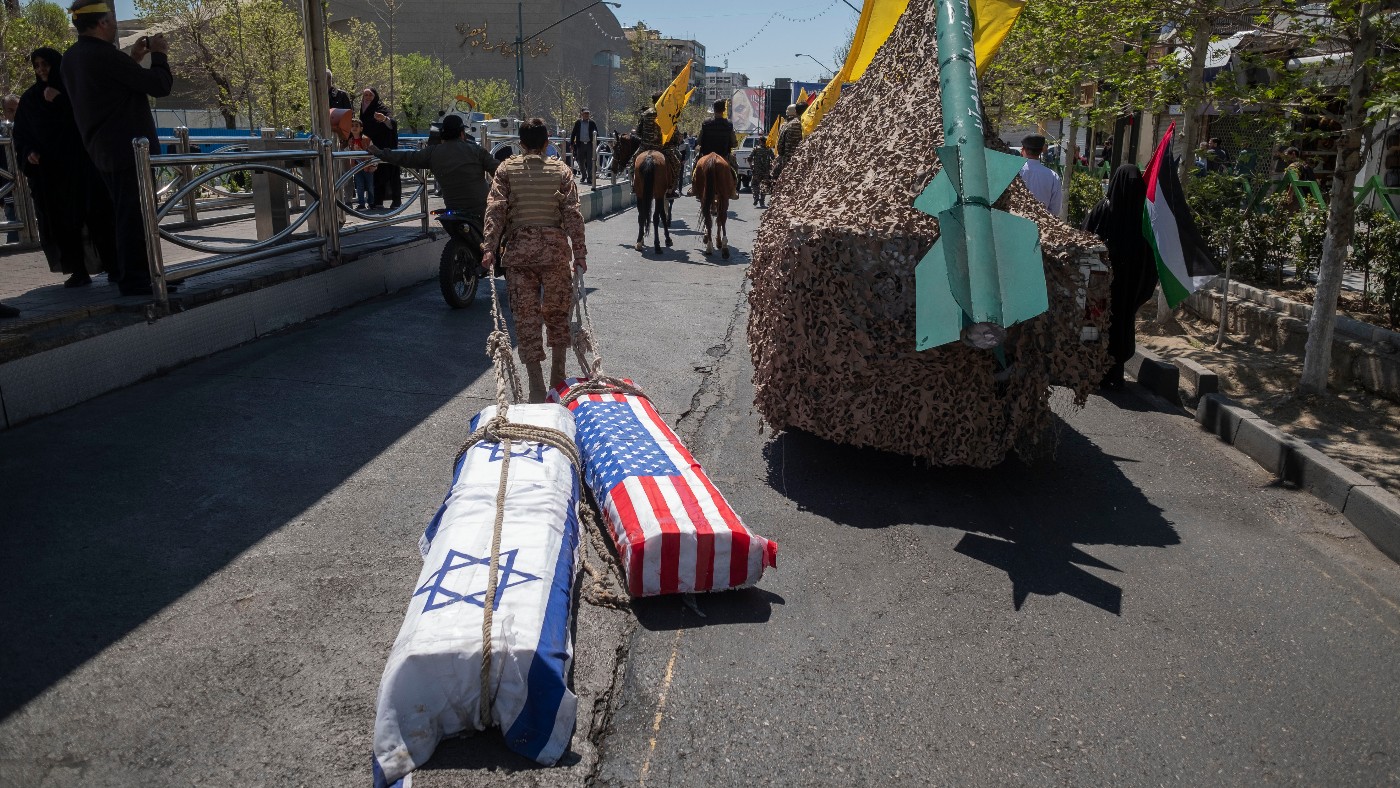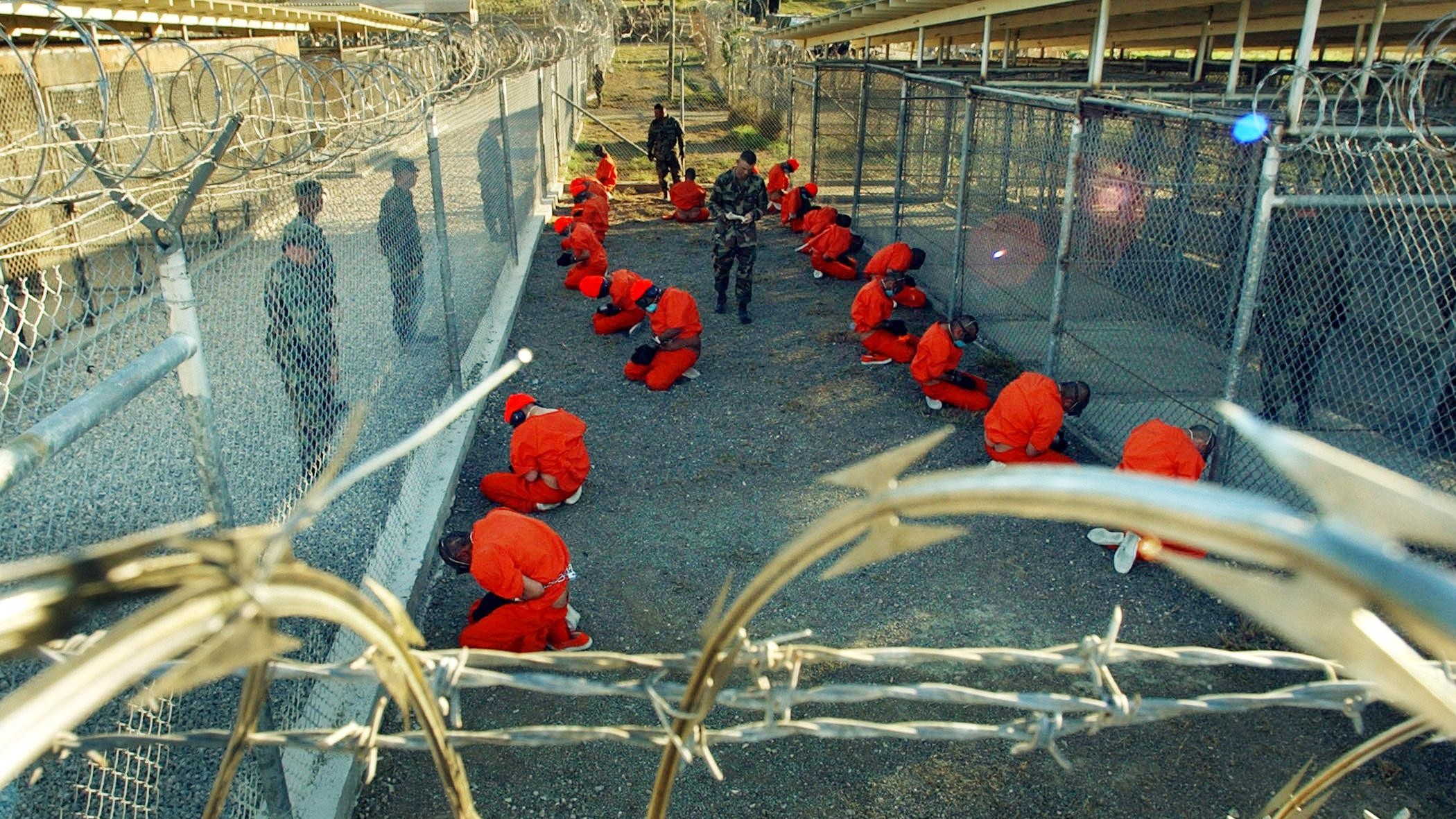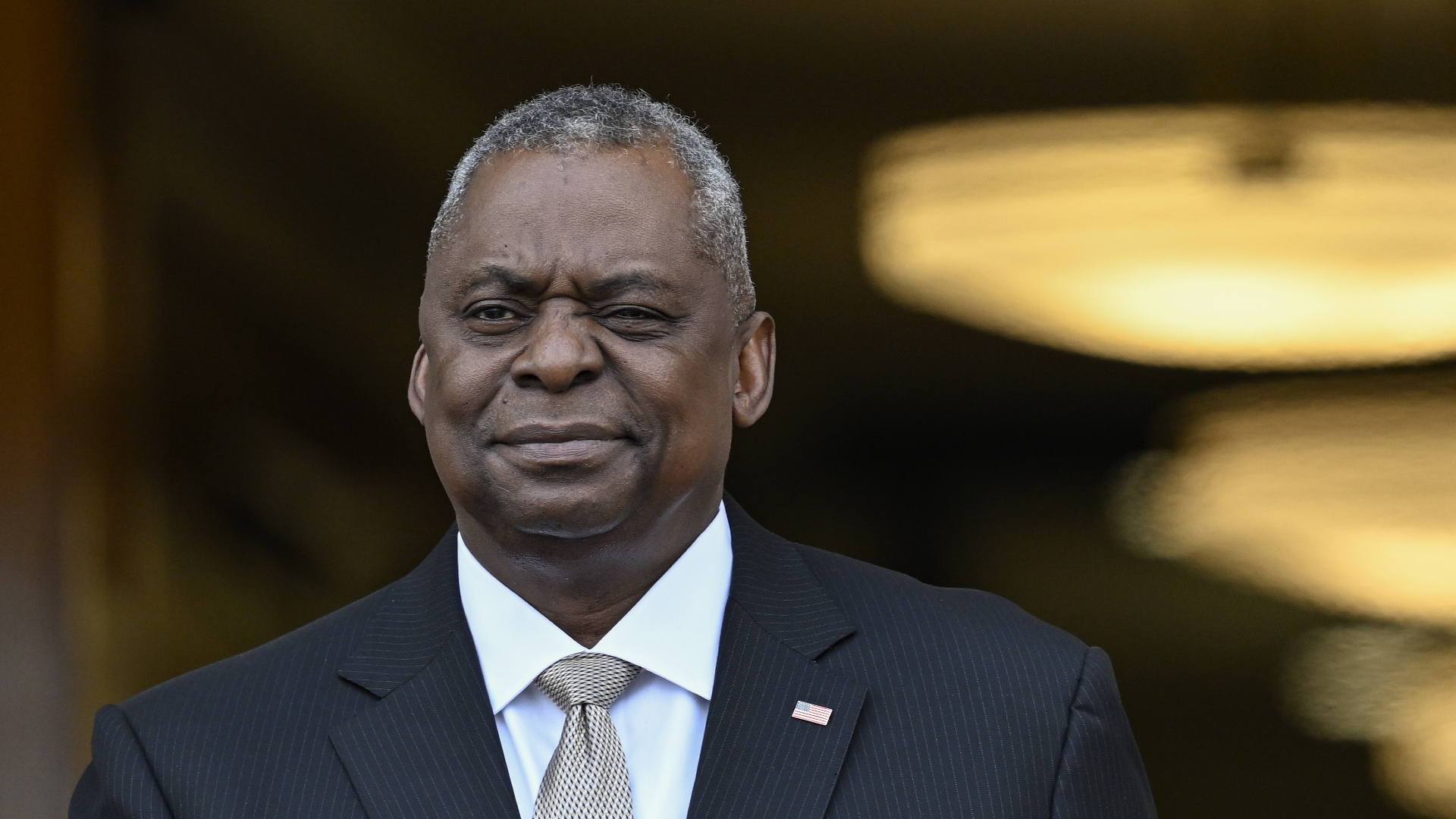The reasons Joe Biden is unlikely to extend Afghanistan evacuation deadline
US military advisers urge president to decide on exit plan immediately

A free daily email with the biggest news stories of the day – and the best features from TheWeek.com
You are now subscribed
Your newsletter sign-up was successful
Joe Biden has been warned that he must decide today whether to extend the evacuation of Afghanistan amid growing threats from the Taliban, according to an insider source.
A defence official told CNN that military experts had cautioned that a decision was needed immediately “to have enough time to withdraw the 5,800 troops currently on the ground, as well as their equipment and weapons”. But the president’s closest advisers are thought to be against extending the 31 August deadline, “citing the security situation on the ground”, the broadcaster reported.
Deadly ‘consequences’
The Week
Escape your echo chamber. Get the facts behind the news, plus analysis from multiple perspectives.

Sign up for The Week's Free Newsletters
From our morning news briefing to a weekly Good News Newsletter, get the best of The Week delivered directly to your inbox.
From our morning news briefing to a weekly Good News Newsletter, get the best of The Week delivered directly to your inbox.
UK Defence Secretary Ben Wallace has also warned that only “hours, not weeks” remain to complete evacuations from Kabul airport, where an Afghan soldier was killed and three other people wounded by armed attackers yesterday morning. Wallace’s intervention came as the Taliban warned of further “consequences” if foreign forces try to remain in Afghanistan beyond next week.
The US president had told reporters on Sunday that “discussions” were “going on in the military” about pushing back the evacuation deadline. But he added: “My hope is we will not have to extend.”
However, G7 leaders are “expected to press him to extend” during a virtual meeting today, CNN reported.
Prior to the meeting, Wallace “confirmed Britain would still like the deadline to be extended”, to “allow more time for British nationals and Afghans who have worked with the military during the 20-year presence there to be flown out”, said The Guardian.
A free daily email with the biggest news stories of the day – and the best features from TheWeek.com
But the defence secretary cautioned that an extension was unlikely, owing to “Biden’s desire to stick to the 31 August deadline and the Taliban’s strong opposition to revising the timetable”, the paper added.
Wallace told BBC Radio 4’s Today programme that the US would have “the biggest vote in the room” during the G7 meeting. And even if an extension were agreed, the Taliban would probably hit back by “preventing people getting to the airport” or through “military activity that could potentially close the airport”, he said.
‘Uneasy truce’
The killing of an Afghan soldier guarding the perimeter of Kabul airport yesterday has served to “shatter” the “uneasy truce” between the Taliban and the withdrawing US forces, said The Times’ war correspondent Anthony Loyd.
Reporting from the Afghanistan capital, he added that “it remains unclear if the strained ceasefire between these sides will last”, despite “daily direct talks between Taliban and American officers, coordinated by the senior coalition commander in Kabul, US Rear Admiral Peter Vasely”.
If Biden extends next week’s deadline “in an attempt to regain a more timely order of the chaotic evacuation, then the Taliban might attack coalition forces and the fighting would begin again”, Loyd continued.
However, adhering to the deadline may mean that “the sense of mounting panic and desperation among the thousands of terrified Afghans clustered around the airport gates” could “pose a threat of its own”.
“Afghans are becoming more desperate as the end of August approaches,” Sky News reported, “with the last civilian flight to leave some time before that.”
As many as 20 people are reported to have been killed in the past week while trying to get into the airfield.
Wallace told the broadcaster this morning that “as we get closer to the deadline, I think it’s correct to say the security risk goes up”. The threat is increased by “add-on groups and other terrorist groups like Isis” who would “like to be seen chasing the West out of the Afghanistan”, he said.
“The mission to evacuate US citizens, visa applicants and other vulnerable Afghans accelerated dramatically over the weekend,” CNN reported. But Afghan employees at the former US embassy in Kabul told the broadcaster “that their attempts to get to the airport and leave the country have been brutally draining and unsuccessful”.
Similar stories are emerging from other at-risk Afghans. “I don’t even know who among those who fought this war to trust anymore,” a 40-year-old Hazara man named only as Ismatullah, who was waiting to be evacuated to Doha with his ten-strong family, told The Times’ Loyd.
“We have always feared the Taliban, but in the Americans we believed that our homeland had a sweeter future. That belief has led us to this place of fear and bitterness, with nothing left but the wish to escape.”
-
 The 8 best TV shows of the 1960s
The 8 best TV shows of the 1960sThe standout shows of this decade take viewers from outer space to the Wild West
-
 Microdramas are booming
Microdramas are boomingUnder the radar Scroll to watch a whole movie
-
 The Olympic timekeepers keeping the Games on track
The Olympic timekeepers keeping the Games on trackUnder the Radar Swiss watchmaking giant Omega has been at the finish line of every Olympic Games for nearly 100 years
-
 Operation Rubific: the government's secret Afghan relocation scheme
Operation Rubific: the government's secret Afghan relocation schemeThe Explainer Massive data leak a 'national embarrassment' that has ended up costing taxpayer billions
-
 Will Iran's attack on Israel backfire?
Will Iran's attack on Israel backfire?Today's Big Question The unprecedented targeting of Israel could be a 'godsend' for Netanyahu as the limits of Tehran's military power are exposed
-
 Will Iran risk all-out war with Israel?
Will Iran risk all-out war with Israel?Today's Big Question Tehran has not wanted to be directly involved in the Middle East conflict so far. But that could be about to change
-
 A history of Guantánamo Bay
A history of Guantánamo BayThe Explainer War of Terror's 'symbol of torture, rendition and indefinite detention' is subject of new Serial podcast series
-
 'Humanitarian islands': how will Israel's plan for Rafah civilians work?
'Humanitarian islands': how will Israel's plan for Rafah civilians work?Today's Big Question Designated zones in central Gaza to provide temporary housing, food and water for more than a million displaced Palestinians
-
 How likely is an accidental nuclear incident?
How likely is an accidental nuclear incident?The Explainer Artificial intelligence, secret enemy tests or false alarms could trigger inadvertent launch or detonation
-
 Pentagon struggles to explain Defense Secretary Lloyd Austin's secret hospitalization
Pentagon struggles to explain Defense Secretary Lloyd Austin's secret hospitalizationSpeed Read The intensely private Pentagon chief kept even President Joe Biden in the dark about his illness for 3 days
-
 Israel-Hamas: what do both sides need in order to agree a sustainable ceasefire?
Israel-Hamas: what do both sides need in order to agree a sustainable ceasefire?Today's Big Question Israel and Hamas 'open' to renewed ceasefire and hostage release, as pressure mounts on Benjamin Netanyahu at home and abroad